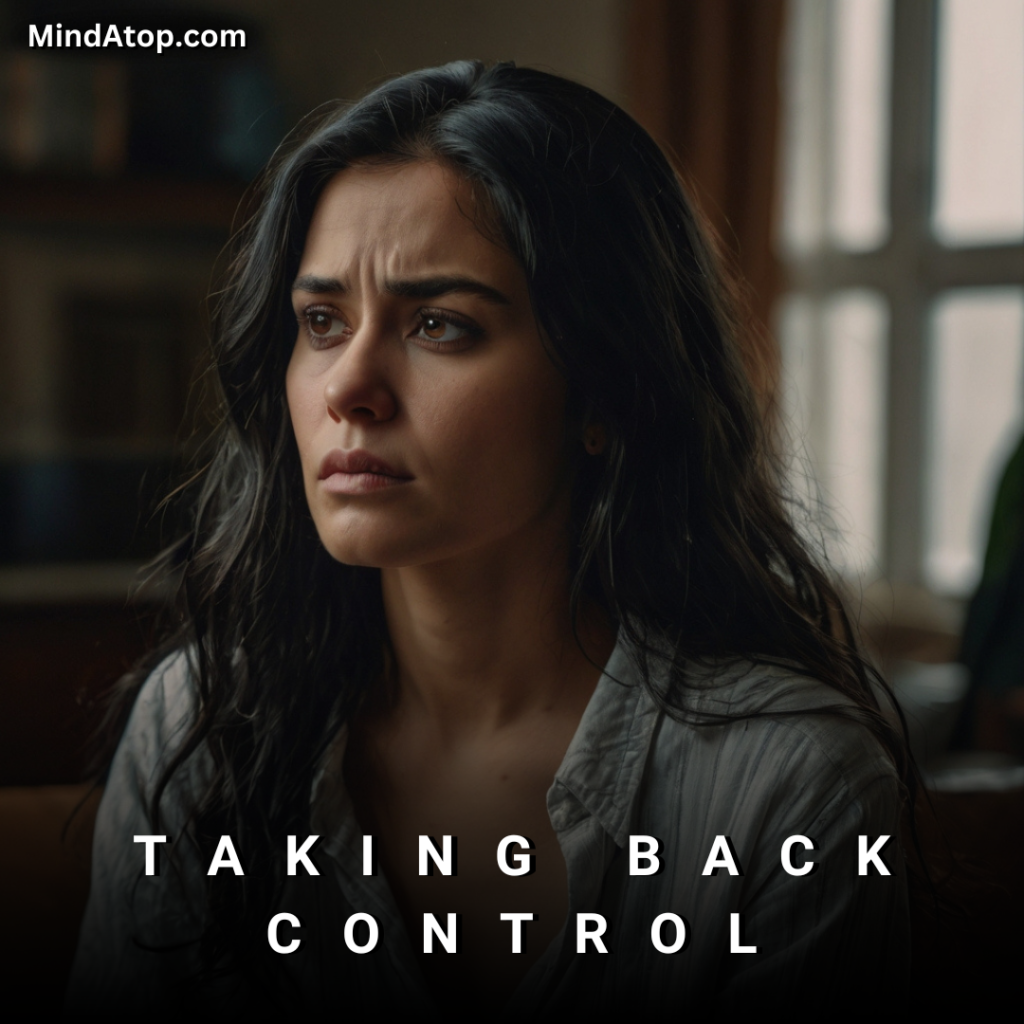Sunaina had once dreamt of a happy, peaceful life with her husband and in-laws, but that dream had long since faded. Her reality was far from what she had imagined. From the moment she stepped into her new home, her life had become a constant struggle. Her husband, once kind and caring, had turned indifferent and harsh. Her in-laws were no better—they seemed to take pleasure in finding faults in everything she did.
Every day, Sunaina faced taunts and scoldings. They criticized her cooking, questioned her character, and made her feel small. Her husband seldom spoke to her kindly and often sided with his parents in the arguments. Sunaina felt trapped. She had no one to turn to, and every morning, she dreaded waking up to face another day of misery. Her spirit, once full of life, was now shattered. She felt like a shadow of her former self, existing just to endure the daily torment.
One afternoon, after an especially humiliating episode where she overheard her mother-in-law conspiring against her, Sunaina broke down. Her heart ached, and she felt utterly powerless. She had reached her breaking point. Desperate for help, she decided to seek professional advice and made an appointment with a counsellor.
As she sat across from the expert, she poured out her heart, explaining how her husband and in-laws made her life unbearable. “They are the reason I’m suffering,” she cried, “I feel like I have no control over my own life.”
The counsellor listened intently and then gently asked, “Sunaina, do you realize that by blaming others for your sufferings, you are giving them all the power over your life? You’re allowing their actions to determine your happiness.”
Sunaina looked confused, but the counsellor continued, “It’s natural to feel hurt when others mistreat us, but by constantly focusing on them as the cause of your pain, you’re keeping yourself trapped in that misery. You’ve handed over all your power to them. It’s time to take that power back. The first step is calming down—find peace within yourself.”
The counsellor suggested a simple daily practice of meditation and self-reflection, asking Sunaina to focus on her own emotions rather than what her family said or did. “Acceptance doesn’t mean approving of their behaviour,” the counsellor explained, “It means acknowledging the situation without letting it control your emotions. The power lies within you to bring peace back into your life.”
Sunaina, though hesitant at first, decided to give it a try. Every morning, she began with a few minutes of quiet meditation. Slowly but surely, she felt a change within herself. She no longer reacted to the taunts or criticisms the way she used to. Instead, she found herself observing them, accepting the situation, and then letting go of the hurt.
To her surprise, as Sunaina changed, so did her environment. Her husband, who had once been indifferent, started to notice her calmness. The constant arguments that had once plagued their relationship became less frequent. Even her in-laws, who had once been relentless in their criticisms, began to soften. The more Sunaina practiced staying calm and focused on her inner peace, the more positive changes she noticed around her.
She shared these changes with the counsellor, who explained, “By taking control of your own emotions, you’ve disrupted the cycle of negativity in your home. Your calmness is having a ripple effect, creating space for others to change as well. Continue with this practice, and soon you’ll find that everything will fall into place, either improving dramatically or becoming manageable.”
And so, Sunaina persisted. Day by day, her relationships continued to evolve. While not everything became perfect, many issues that once seemed impossible to resolve began to fade away. Her husband became more affectionate, her in-laws more respectful. Some relationships blossomed, while others became at least bearable. Sunaina had regained control over her life, not by changing others, but by changing herself.
In the end, Sunaina realized that her power didn’t come from
controlling her family or changing their behaviour. Her true power lay in her
ability to control her own thoughts and emotions. The outside world would
always vary, but her inner peace was her own. She had reclaimed her happiness,
and with it, her life.

